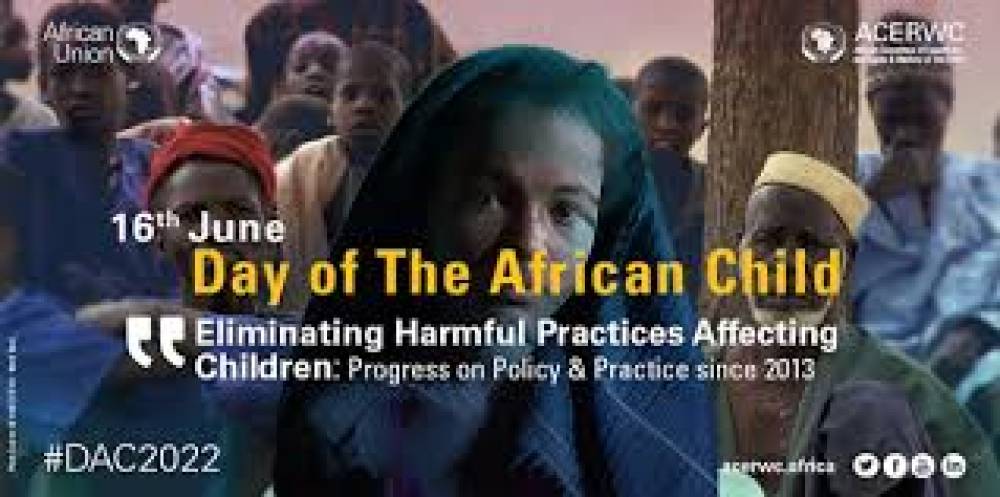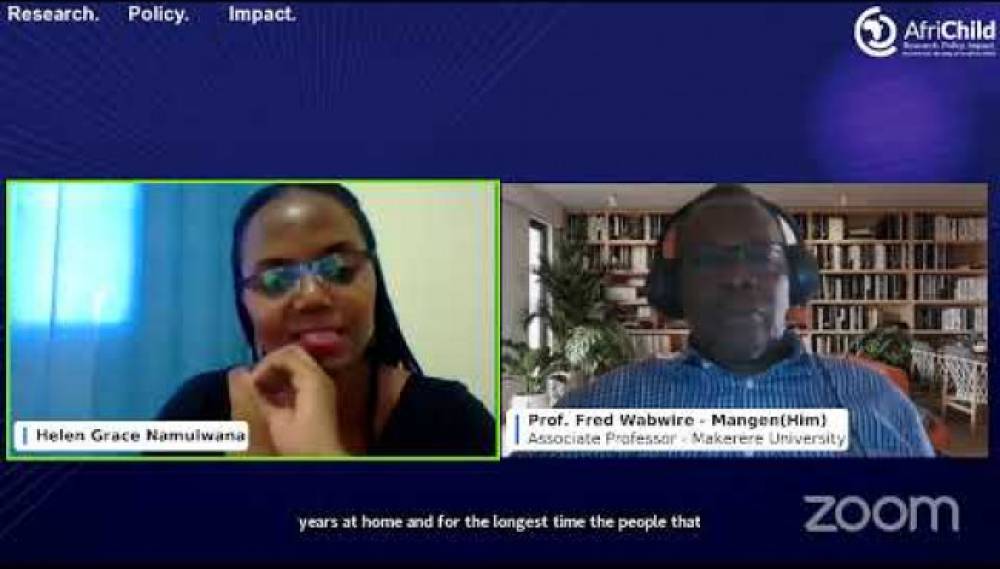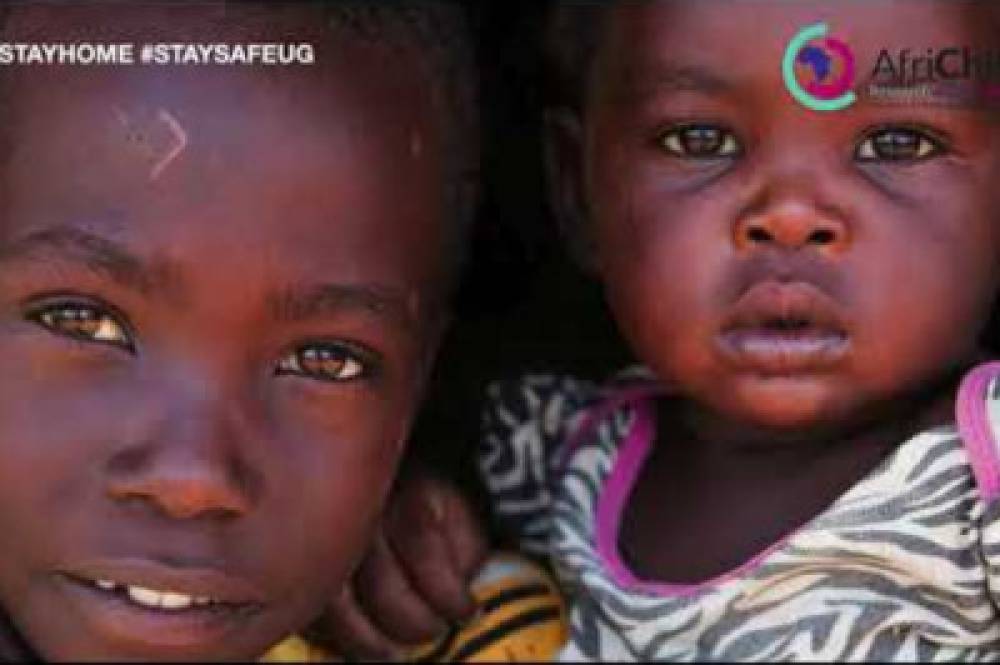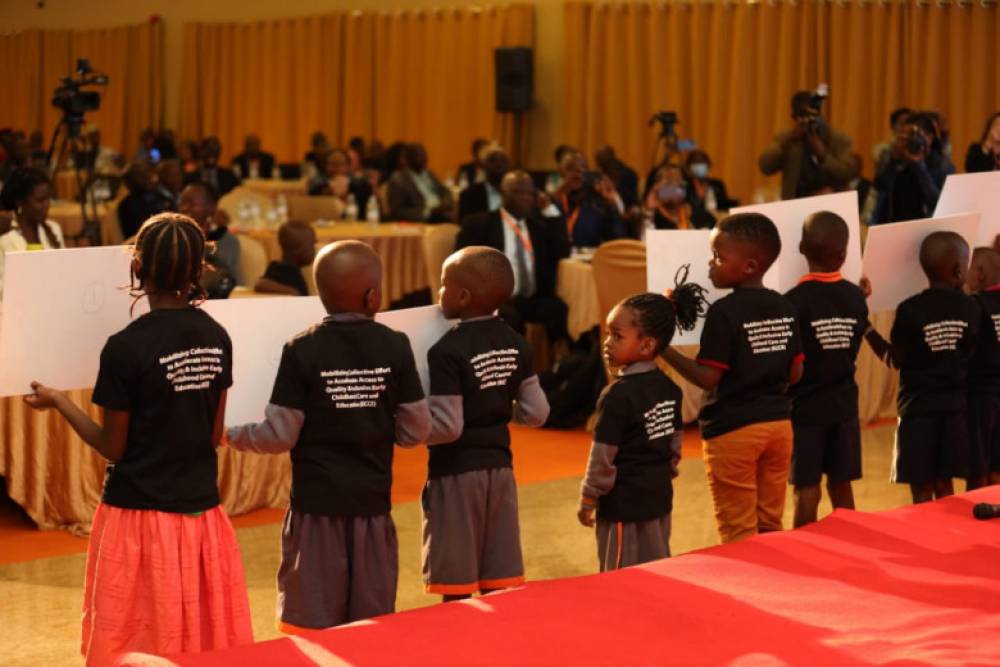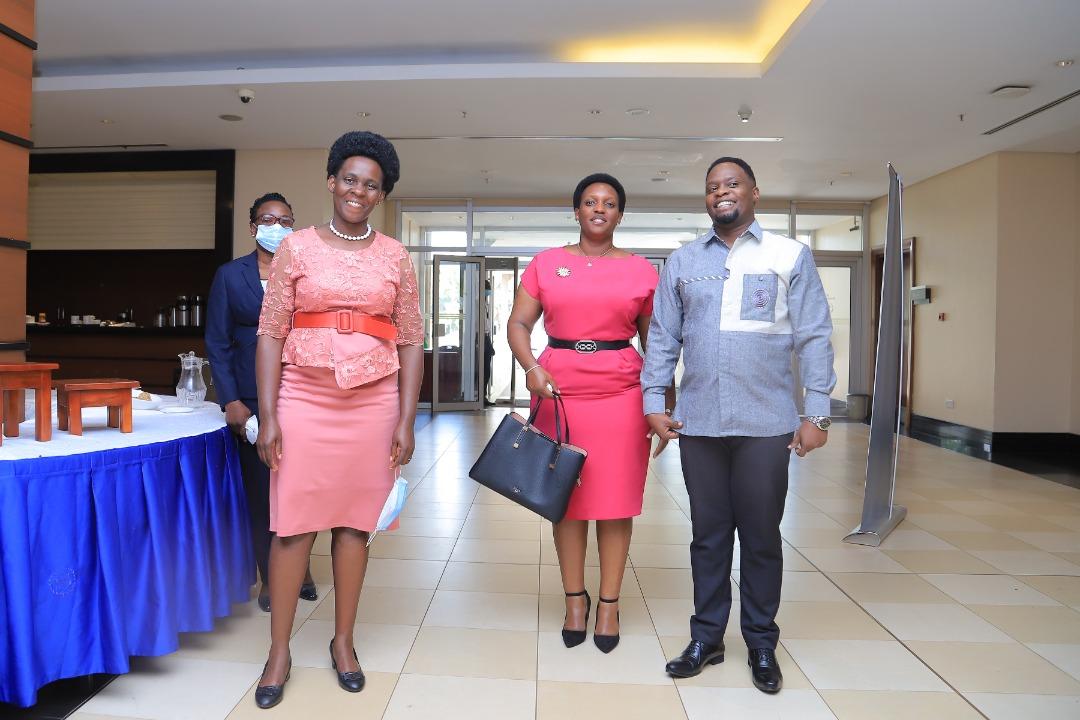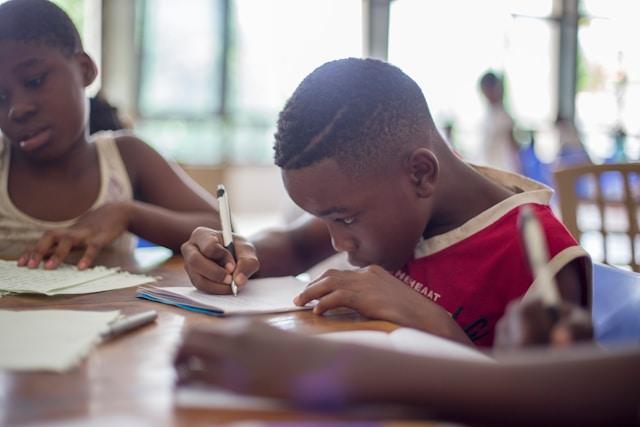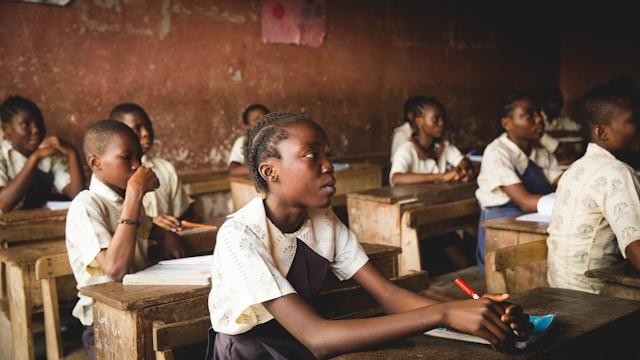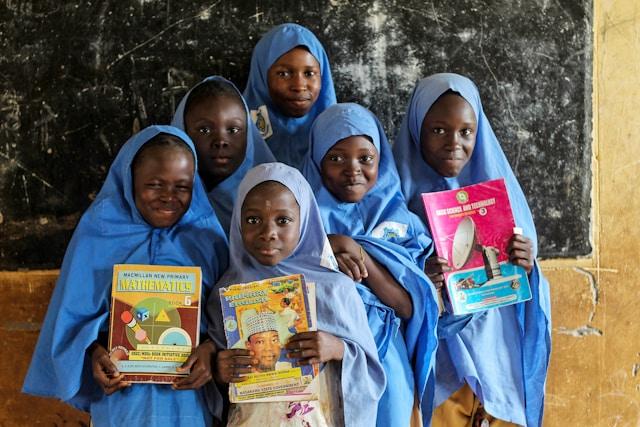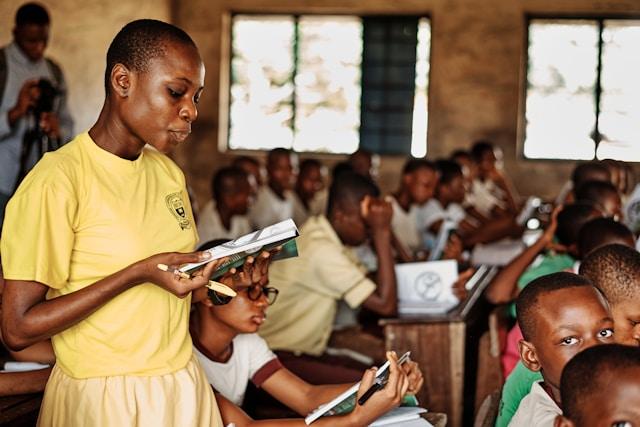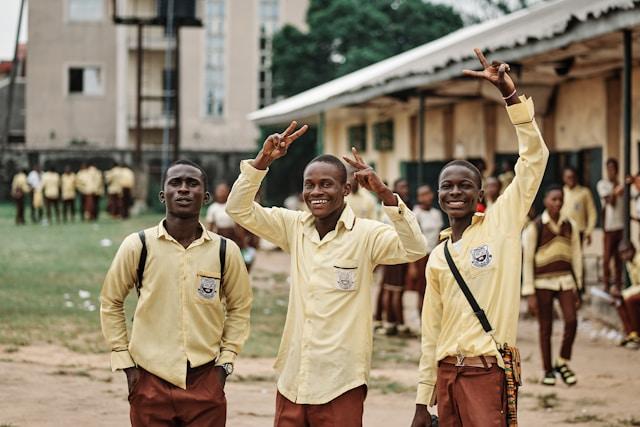Members of Parliament and cabinet Ministers attended the engagement, including Hon Sarah Mateke, Hon Idi Isabirye, and Hon Macho Geoffrey. Other Governments and CSO leaders present were Agnes Kisembo from UN Women, Commissioners Tolea and Mondo Kyateka from the Ministry of Gender Labour and Social Development, and The Deputy ED UBOS- Godfrey Nabongo. The Chief Guest was Rt Hon Thomas Tayebwa the Deputy Speaker of Parliament.
In 2022, the Ministry of Gender, Labour, and Social Development, in partnership with The AfriChild Centre at Makerere University and ChildFund International Uganda Country Office, conducted a Budget Analysis of national and sub-district budget allocations for child protection in Uganda. On 16th August 2022 they organized the Budget Analysis Event that the Forum was part of. The study's findings identified actions for increased investment and budgetary allocation to child protection. Child protection is a multifaceted issue, which adds complexity to public financing.
It encompasses a broad range of concerns affecting children, such as violence, abuse, neglect, child marriage, FM, teenage pregnancies, child labour, trafficking, sexual violence, exploitation, alternative care, adoptions, child poverty, bullying, children in conflict with the law, incarceration, and birth registration. The High-Level Policymakers' Engagement on Financing for Young People was a platform to bring together policymakers to discuss what needs to be done.

Hon. Margaret Makhoha, the Uganda Parliamentary Forum for Children (UPFC) Chairperson, commenced the morning session by delivering a welcoming address. She highlighted that Uganda does not have a dedicated budget specifically allocated for child protection. Instead, financial provisions for child protection are dispersed among various programs, sub-programs, and activities within different government ministries, departments, and agencies.
Hon. Margaret Makhoha emphasized that the multi-agency approach to child protection poses challenges in establishing cohesive and integrated child protection systems. Additionally, it hinders the development of management information systems for child protection. She further emphasized the importance of all relevant line ministries, departments, and agencies comprehending their respective roles in child protection and preparing their budgets accordingly. She urged stakeholders in the sector to prioritize children's issues in the country. She stressed that decisions should not solely depend on the availability of funds within the resource envelope but rather on recognizing child protection as a fundamental necessity.
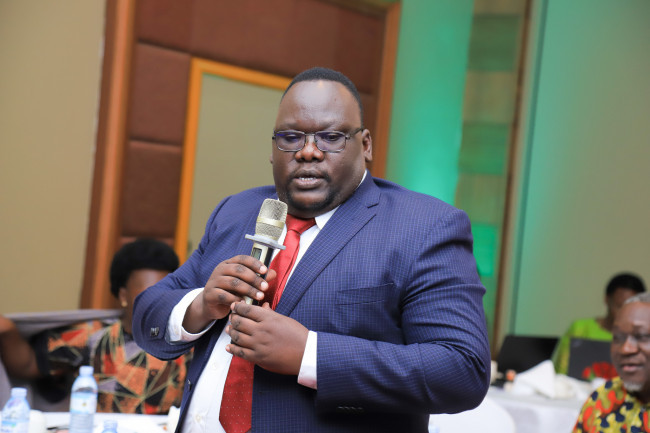
Remarks from The Child Fund International, Uganda – Country Director
Moses Otai, the Country Director of ChildFund International Uganda, emphasizes the significance of prioritizing prevention programs and initiatives to combat the pervasive issue of child abuse. He stressed the importance of raising awareness and educating communities about the rights of children and the severe consequences of abuse. By fostering a culture that values respect and exhibits zero tolerance towards any form of violence targeting children, we can create a safer and more nurturing environment for them to thrive.
Otai's approach highlights the transformative power of prevention strategies in addressing child protection issues. By targeting the root causes of abuse and promoting proactive measures, we can effectively reduce the incidence of violence and safeguard the well-being of children. This involves engaging various stakeholders, including community leaders, parents, teachers, and local authorities, to actively participate in prevention efforts and create a collective commitment to protecting children's rights.

A Case for Increased Investment in Child Protection - Mr Timothy Opobo
Timothy Opobo, the Executive Director of The AfriChild Centre, emphasized the correlation between the negligence of children and the rise of violence against them. Mr Opobo stressed the unfortunate reality of witnessing children endure abuse, neglect, exploitation, and violence.
He asserted that it is our responsibility to confront these issues directly and establish a society that fosters the rights of every child and shields them from harm. Opobo proposed that Uganda can reinforce its child protection systems and empower social workers, law enforcement agencies, and legal institutions to effectively address instances of child abuse, exploitation, and violence by allocating increased resources to child protection.
Child protection is a critical field that encompasses various pressing concerns affecting children worldwide. From the horrifying spectre of violence, abuse, and neglect to the cultural practices that perpetuate child marriage and female genital mutilation (FGM), the challenges are extensive. Additionally, the rising cases of teenage pregnancies, child labour, and child trafficking demand immediate attention. We must address the distressing issues of sexual violence against children and their exploitation, while also prioritizing alternative care options, including adoptions, for vulnerable children. Tackling child poverty, combating bullying, supporting children in conflict with the law, addressing the incarceration of minors, and ensuring birth registration further underscore the importance of child protection efforts. Although this list is not exhaustive, it exemplifies the multifaceted nature of child protection and the urgent need to safeguard the well-being and rights of children.
Regrettably, child protection remains an overlooked and neglected field, receiving inadequate attention and resources. However, the consequences of exploitation, violence, and abuse on children extend far beyond their immediate suffering and deeply impact economic growth. Moreover, the prevalence of violence against children undermines investments in education and hinders broader societal progress. It is imperative to consider the cost-benefit analysis of preventive measures compared to the expenses incurred when responding to the aftermath of harmful practices such as FGM, child marriage, early childbearing, and various forms of violence and abuse. Additionally, evaluating the cost-effectiveness of early diversion interventions for children involved in conflict with the law is crucial. By recognizing the significance of investing in child protection and carefully weighing the costs and benefits, we can make informed decisions that prioritize the welfare and future of children.
To bring about meaningful change in child protection, there are several key actions we can take differently:
1. Support data and evidence generation: By investing in research and data collection, we can gather evidence that highlights the impact of child protection issues and advocate for increased public investment in children's welfare. Robust data can inform policy decisions, shape sector reforms, and strengthen the case for prioritizing child protection.
2. Engage in the budget process: Actively participating in the budget process allows us to influence and support allocation decisions that benefit child protection. By advocating for adequate funding and resource allocation, we can ensure that the necessary infrastructure, services, and programs are in place to safeguard children's rights.
3. Amplify the voices of children: During national and local budget processes, it is crucial to provide platforms for children to share their lived experiences. Their perspectives can shed light on their challenges and the support they require. Including their voices in decision-making processes helps to create a more inclusive and child-centred approach to budgeting and policy formulation.
4. Mobilize stakeholders, including the private sector: Collaboration with stakeholders, particularly the private sector, is essential in addressing neglected areas of services and programs. We can expand available resources and create sustainable solutions by engaging businesses and encouraging them to invest in child protection initiatives. Private sector involvement can contribute expertise, funding, and innovative approaches to address child protection challenges effectively.

An Issues Paper on Budgeting for Children in Uganda - Musinguzi Laban
The Budget Analysis study highlights key issues related to budget allocation trends for child protection in Uganda over a span of five financial years, specifically from 2021/22 to 2017/18. These issues include:
-
Low and dwindling/fluctuating budget allocations: The study reveals that budget allocations for child protection have been consistently low and subject to fluctuations over the examined period. This indicates a lack of consistent and sustained financial support for addressing child protection issues.
-
Increase in the "Youth and Children Affairs" sub-programme budget: The study notes that the budget for the "Youth and Children Affairs" sub-programme, under the Ministry of Gender, Labour, and Social Development (MGSLD), almost doubled over the first three financial years. The budget increased from UGX 3.77 billion in FY2017/18 to UGX 6.36 billion in FY2019/20. This suggests a recognition of the importance of child protection within the government's agenda.
-
Drop in budget allocation: However, there was a significant drop in budget allocation for child protection in the following financial year. The budget decreased by UGX 1.855 billion, representing a 29.2% reduction, from UGX 6.36 billion in FY2019/20 to UGX 4.505 billion in FY2020/21. This decrease in funding raises concerns about the ability to adequately address child protection needs and provide necessary support to vulnerable children.
The budget allocation for Child Protection experienced a reduction, likely attributed to the impact of COVID-19. However, during the same period, budget allocations for other sub-programmes, including "Disability and Elderly," increased. Notably, in FY2021/22, the budget allocation for Disability and Elderly surpassed that of Child Protection by almost 30 times. This stark contrast in funding raises important questions about the prioritization and resource allocation for child protection compared to other sectors, underscoring the need for a reevaluation of budgetary decisions to ensure adequate support for safeguarding children's rights.
These findings emphasize the need for consistent and increased budget allocations for child protection in Uganda. The study highlights the importance of sustained financial support to effectively prevent and respond to child protection issues, ensuring the well-being and rights of children are adequately addressed.
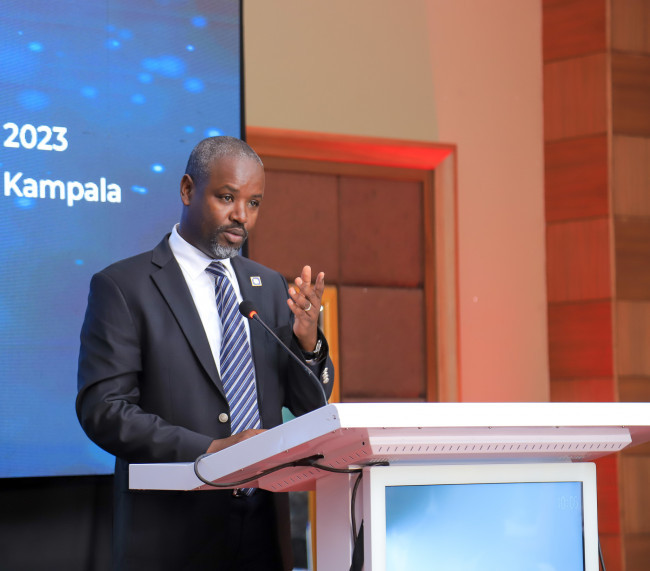
The Deputy Speaker of Parliament, Rt Hon Thomas Tayebwa, urged the government to take decisive action by blocking all pornographic websites that pose a significant risk to children, exposing them to inappropriate content. He expressed deep concern about the exposure of children to violent cartoons and teenagers to pornography, highlighting that many Muslim countries have implemented measures to block access to such sites. He called upon the Minister of Youth and Children to liaise with other agencies including the Ministry of ICT and National Guidance to borrow learning from some Muslim nations that already have a bun on such sites.
The Deputy Speaker emphasized the crucial role of the government in providing funding and support for children. He called on the relevant stakeholders to remain committed and work together to secure adequate financing for the young generation. The Deputy Speaker further urged the stakeholders to carefully analyze the budget estimates as soon as they are released, specifically examining the allocated funds designated to support children. This call for scrutiny aims to ensure transparency and accountability in budgetary decisions concerning child welfare. By actively monitoring the allocation of resources, the government and stakeholders can work collaboratively to prioritize and enhance support for children, ensuring their well-being and development are effectively addressed.
Hon Sarah Mateke
-
Value the importance of family and that parents can and need to be trained in Parenting
-
Men should also be taught how to run a family.
-
We must invest in prevention efforts to reduce the cases of violence against children in homes and other issues that threaten the well-being of children.
-
We need to invest in awareness and campaigns.
-
Provide caregivers with counselling and training.
-
Investing in quality learning and inclusive learning
Commissioner Mondo Kyateka
The way we nurture and care for our children will significantly shape our collective future, making it imperative to prioritize investments in their lives. By dedicating resources and attention to the well-being, education, and overall development of children, we are actively investing in the generation that will shape the future. Recognizing the profound impact of our actions today, we must prioritize their needs and provide them with the support and opportunities necessary for their growth, as they hold the key to our shared destiny.
Deputy ED UBOS- Godfrey Nabongo
-
We cannot achieve well-being for children without considering community values. It is not just a government responsibility but a collective.
-
Partnership with NGOs is important to get the indicators reporting children's cases in homes and communities. It is expensive for civil society alone to undertake these issues.
-
We need to deliver issues of children from where they are rather than going to hotels. Money should not be taken to hotels and allowances entirely.
-
Perpetrators should be made accountable.
-
There is a need for a mindset change to foster action.
Agnes Kisembo – Intergovernmental Coordination/Gender Responsive Budgeting Specialist at UN Women
-
Capitalize on the good political will to plan and advocate better to address the issues that children are facing.
-
We need to utilize the Parish development model, especially the pillar on mindset change. Taking advance of what is being channelled out for positive change.
Hon Idi Isabirye
-
As members of parliament, it is our responsibility to advocate for important issues, and currently, prioritizing budget allocation for children is a pressing concern. We must challenge ourselves to actively address this mandate and ensure that children's needs are given the attention they deserve. By recognizing the significance of budgeting for children and championing their cause, we can work towards creating a society that values and invests in the well-being and development of its youngest members. As representatives of the people, it is our duty to advocate for adequate resources and support for children, as they are future leaders, innovators, and contributors to our society. By prioritizing their needs in budgeting decisions, we can pave the way for a brighter and more prosperous future for our nation.
Hon Macho Geoffrey
-
Children should indeed be a priority for the political good and well-being of a society, regardless of their inability to vote. The future of any nation lies in the hands of its children, as they will become the next generation of leaders, professionals, and citizens. Therefore, it is crucial for policymakers to consider the needs and rights of children in their decision-making processes.
-
Investing in the well-being of children is an investment in the future prosperity and stability of a nation. By prioritizing children's education, healthcare, and overall development, governments can lay a strong foundation for their growth and potential. Quality education equips children with the necessary skills and knowledge to succeed in life, fostering a knowledgeable and skilled workforce that can contribute to a nation's economic growth.
-
Furthermore, ensuring children's physical and mental health is essential for their overall well-being. Access to quality healthcare, nutrition, and a safe environment promotes their growth and development, enabling them to reach their full potential. Additionally, addressing issues such as poverty, inequality, and violence that disproportionately affect children can create a more just and inclusive society for all.
Commissioner Tolea
-
There is a huge cost when we do not invest in children. Children are the future of any society, and neglecting their well-being and development can have far-reaching consequences. When we fail to invest in their education, healthcare, and overall welfare, we risk perpetuating a cycle of poverty, inequality, and social instability. Without proper investment, children may struggle to reach their full potential, leading to reduced productivity and limited opportunities for economic growth. Additionally, inadequate support for children can contribute to increased rates of crime, substance abuse, and mental health issues, placing additional burdens on social services and the criminal justice system. By investing in children through accessible education, healthcare, and social programs, we can empower them to become productive and responsible members of society, ultimately benefiting us all.
-
There should be a budget for the remand home as well as rehabilitating the people running these homes. Remand homes play a crucial role in providing care and support for young offenders and those at risk of delinquency. However, these facilities often face financial constraints, leading to inadequate resources and staffing shortages. By allocating a dedicated budget for remand homes, we can ensure that they have the necessary funding to provide a safe and nurturing environment for the children in their care. This includes proper infrastructure, educational and recreational programs, and access to mental health services. Additionally, it is equally important to invest in rehabilitating the staff working in these homes.
-
Training programs, counselling, and ongoing professional development can equip them with the skills and knowledge needed to effectively engage with troubled youth and contribute to their rehabilitation. By investing in both the infrastructure and the human resources of remand homes, we can create an environment that promotes positive change and helps young individuals reintegrate into society successfully.


 #AfriChild
#AfriChild